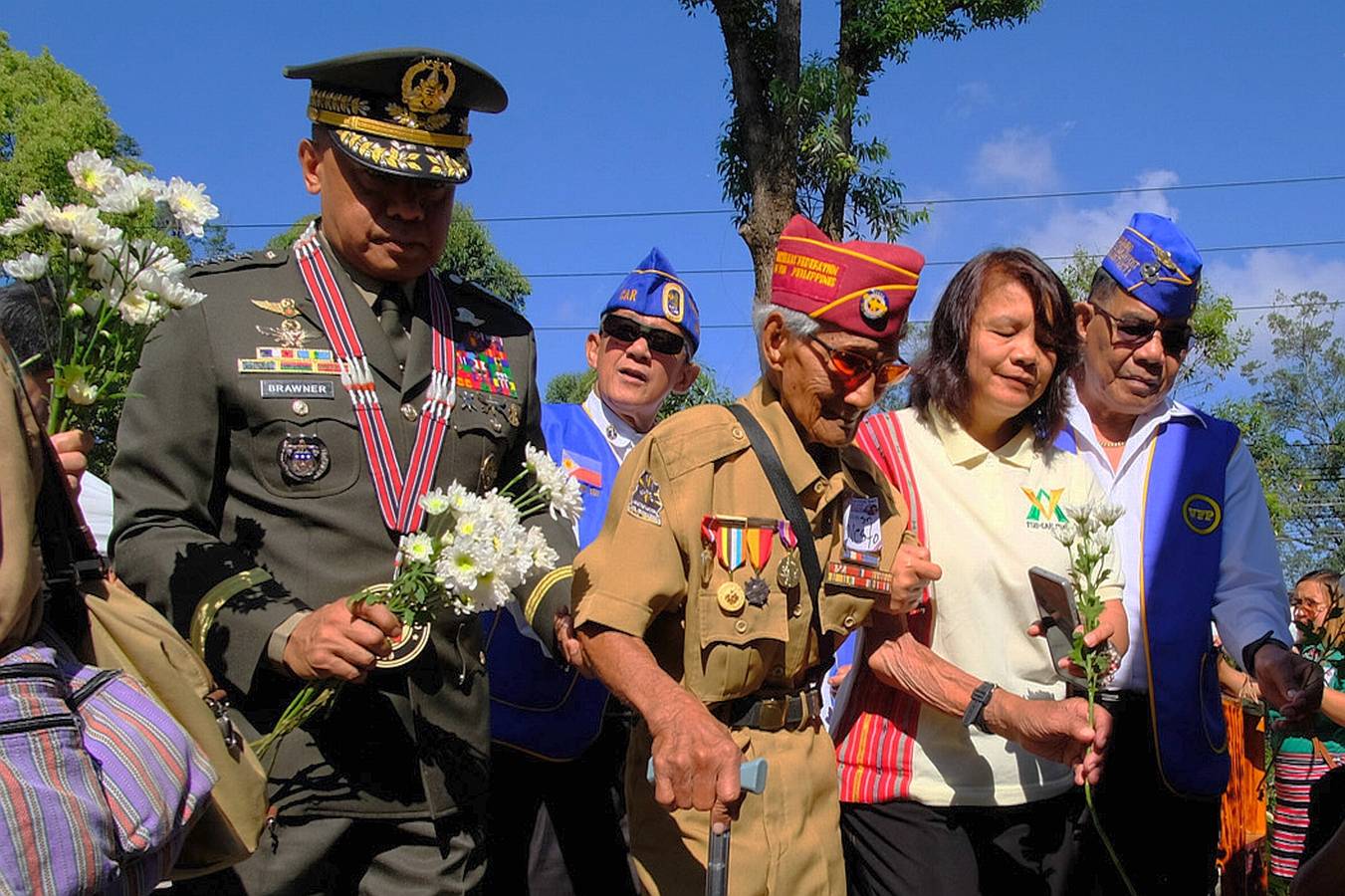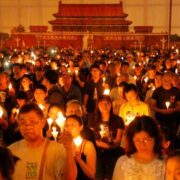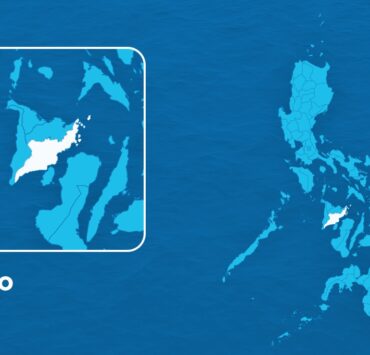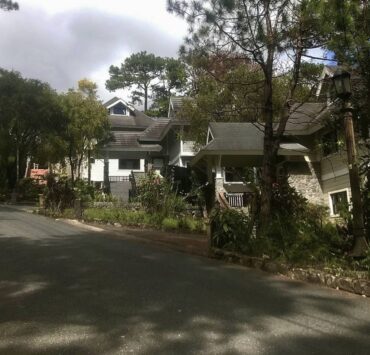From enemy to friend: Japan helps PH

BAGUIO CITY—The Japanese, who the Allied Forces and indigenous Cordillera guerrillas fought in order to liberate Baguio City at the end of World War 2, are now helping preserve the Philippines’ territorial sea lanes, declared Armed Forces Chief of Staff Gen. Romeo Brawner Jr. at the commemoration of the 80th Baguio Liberation Day on Sunday.
Japan has actively supported a global assertion for safe maritime travel through disputed waters off the West Philippine Sea amidst Chinese encroachments of Philippine territory, Brawner said at the ceremonies attended by 98-year-old Esteban Luis, one of Baguio’s Igorot infantry liberators.
For the Philippines, the Pacific leg of the war began and ended in Baguio City, which served as the last stronghold of Imperial Army Gen. Tomoyuki Yamashita after Japan invaded the country in 1941.
Filipino and American soldiers pushed back the invaders towards the Cordillera mountains on April 27, 1945, and captured Yamashita in Ifugao. The Japanese war leader was brought back to Baguio to sign Japan’s surrender documents on Sept. 3, 1945.
“But if 80 years ago … we found ourselves on opposite sides [of a global war], today the Filipino forces, the American forces and the Japanese forces are on the same side,” said Brawner, who, from Baguio, flew back to the Basa Air Base to rejoin this year’s ongoing joint Philippine-American military “Balikatan” exercises.
The “Balikatan” (shoulder-to-shoulder) is an annual joint exercise between the Philippine and American military, which this year also included troops from countries like Japan and Australia.
For the first time, Brawner said, the Japan Self-Defense Force and the Philippine Armed Forces will also test a radar system “to trace and track enemy forces that come into our territory.”
They are part of a multinational naval force deployed by Australia, France, Canada, New Zealand and the United Kingdom that is taking part in the “integrated air and missile defense exercise” that will use American defense systems designed to “interdict or destroy enemy attack forces,” revealed Brawner,
The “Balikatan” is also joined by “observer” nations, many from Europe like the Czech Republic, Poland and the Netherlands which “are joining us for the first time,” he said.
Igorot Infantry
“In the West Philippine Sea, we defend our sovereignty not with rifles alone—not with missiles alone—but with the resolve and wisdom of diplomacy and a steadfast commitment to assert our nation’s dignity,” said Brawner.
During World War 2, Brawner said the “sacrifices and courage” of the legendary Igorot Infantry in freeing Baguio from the Japanese “secured not only a military victory but also the victory of the human spirit which is the embodiment of the ‘binnadang’—a Cordillera tradition of cooperation and communal [expression of] unity.”
The 66th Infantry was a composite regiment composed of Filipinos and Americans who survived the Bataan Death March, American soldiers who eluded arrest by the Japanese, and Igorot civilians turned guerrillas and spies.
“The liberation of Baguio was not just [conflict] won in the battlefield, it was a triumph of the people’s will and the collective strength of courage and hope that no enemy force can ever extinguish,” he said, adding, “This spirit is still alive in our mountains and in the communities of every Benguet Ibaloy and Kankana-ey and other fellow Cordillerans.”
“Today, the challenge you face may be different in form but it calls for the same bravery and unity … Our freedom was carefully won through great sacrifice which we must guard fiercely,” said Brawner.

















First 5 years: The critical window